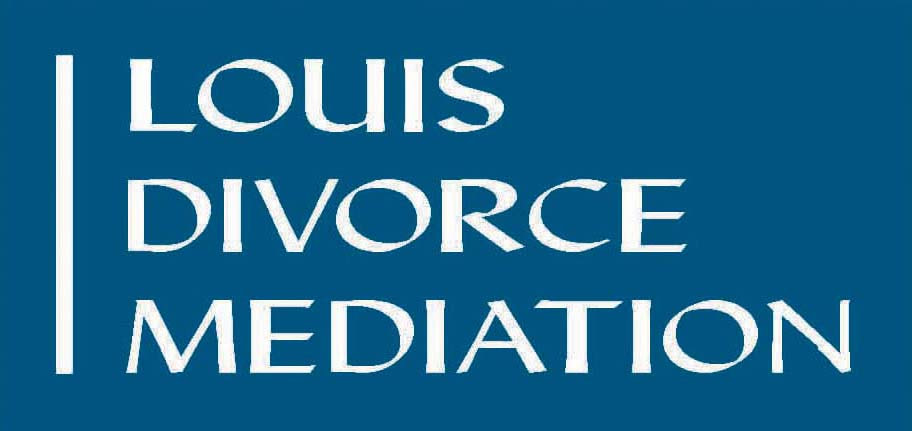Louis Divorce Mediation ~ Online and In-Person Mediation in Chicago
|
David Louis suggests an interim plan: To bring some short-term clarity and understanding, the mediation process can provide an opportunity for couples that are trying to establish a temporary “equilibrium” as their transition progresses.
We are currently living in times that don’t match up to anything that any of us has ever experienced. The uncertainty of how long the impacts of this COVID-19 will last weighs heavily on all of us. I am left to think about those who, already finding themselves in the confusion of life transitions, now have the weight of this global health crisis piled on. None of us truly can yet know what this will mean for our economy, both in our nation and in our homes. None of us truly can yet know what this will mean for our economy, both in our nation and in our homes. Several clients have contacted me to postpone their mediation sessions. While we don’t have to meet in the office and can do so by video conferencing, the truth for these families is that they are faced with economic uncertainty, which impacts their ability to make long-term decisions. Some are seeing their retirement accounts taking big hits; many are concerned about their jobs and future economic wellbeing. It’s hard for anyone to make important decisions when the facts are not clear–in separation and divorce, this dynamic is magnified and can actually be paralyzing. I can also imagine that those who are in the early stages of discussing separation and divorce are faced with a similar dilemma, which can include questions as to whether it actually makes sense to move forward. And yet, for those who have started the process of ending their marriage, and others who are ready to begin doing so, the underlying reality that the marriage cannot or should not continue is not disappearing. To bring some short-term clarity and understanding, the mediation process can provide an opportunity for couples that are trying to establish a temporary “equilibrium” as their transition progresses. This can actually be very similar to a discussion that often takes place at a first mediation session, namely, what interim plans and agreements are needed so that you can both feel comfortable and stable while engaging in the mediation process? Given the circumstances and challenges facing us now in the spring of 2020, this conversation may precede the commencement of the divorce. In the longer term, the essential question underlying the mediation process is, “What are we going to do about where we are?” But in the present circumstances, addressing the short term, the question is being transformed into “What are we going to do for now?” Here are some examples of topics that can be covered in an interim plan:
For some of my clients, the interim arrangements can be a “test drive” for longer-term agreements. For others, it’s just a plan for now so that life can go on with a minimum of disruption and conflict. Now, as much as ever, the chance to talk about how to cope with a changing world is what mediation can offer–a bridge to a future that is under development.
0 Comments
Leave a Reply. |
Categories |
David Louis, MPA, CDFA® • Louis Mediation Services - Chicago
|
Chicago Office: 1700 W Irving Park Rd., Suite 105, Chicago, IL 60613
Northbrook Office: 555 Skokie Blvd., Suite 500, Northbrook, IL 60062 |
Copyright © 2024

 RSS Feed
RSS Feed